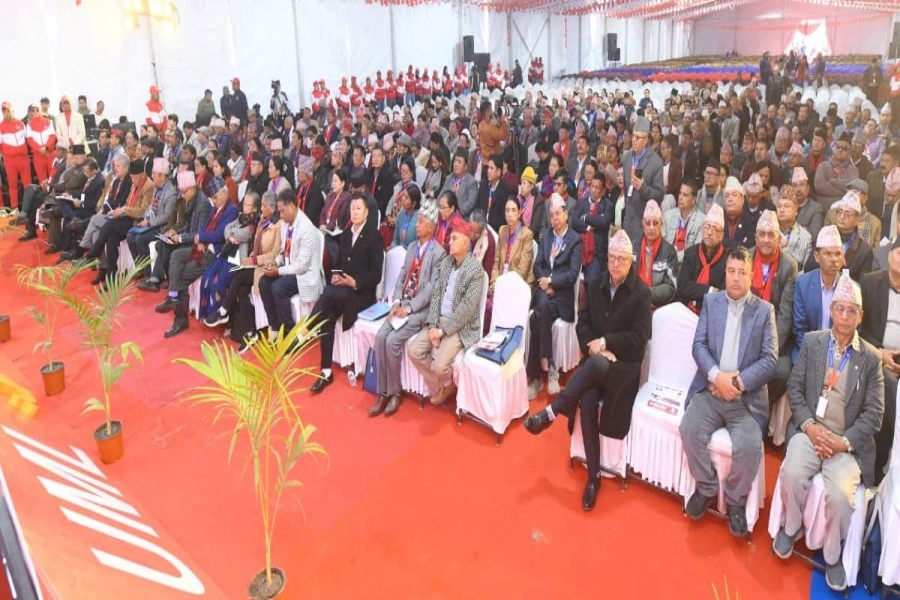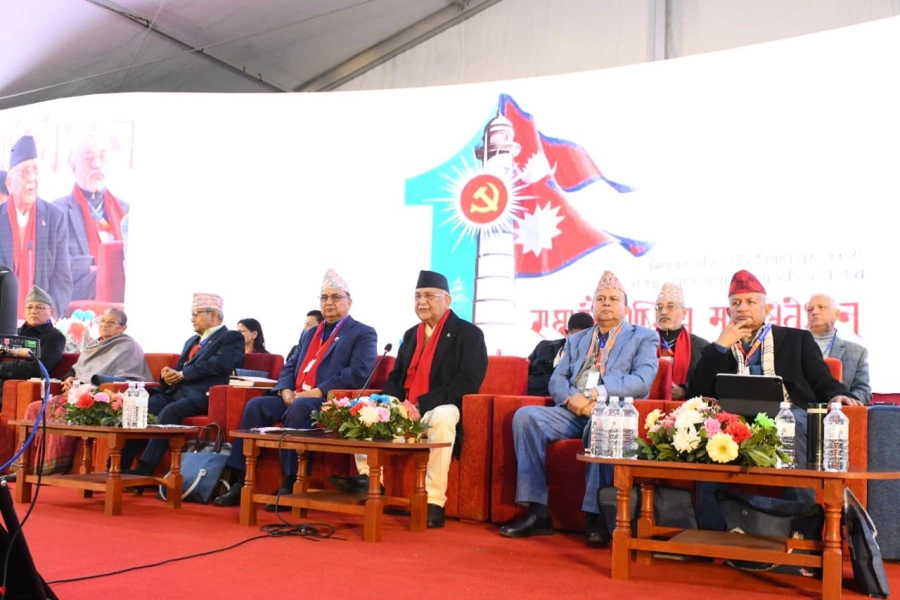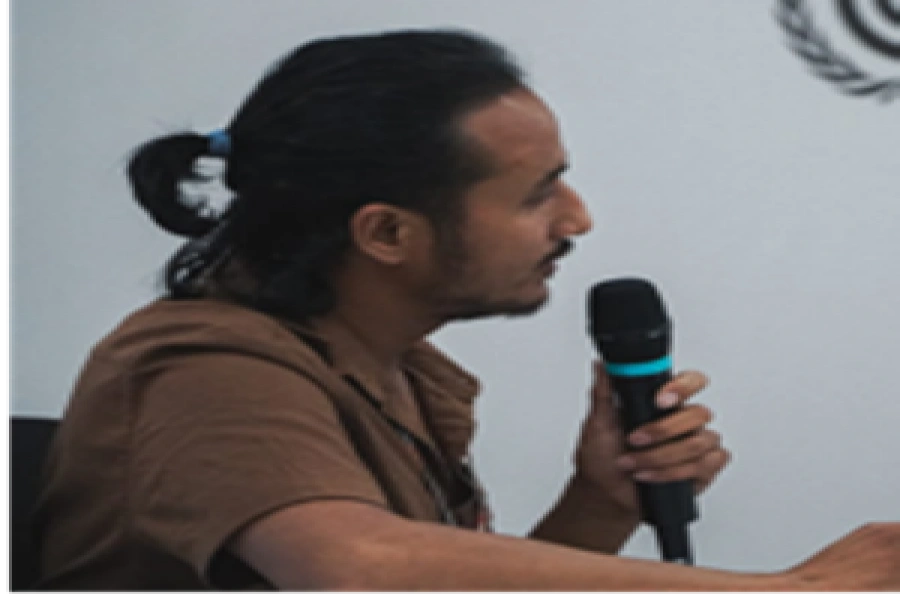As a teacher myself, every other day, I notice one or the other teacher coming out of a classroom disturbed and enraged, complaining about the misbehavior of students. Almost every day there are students in the principal’s office or in the cabin of the authority figure for the problems they create to teachers.
This is a common trend in almost all schools and colleges these days. Student-teacher relationship has undergone a huge change over the years. It is no longer cordial and harmonious. [break]

blog.trotters.co.uk
Teachers are often at odds with their students. There are many factors responsible for this troubled relationship. One of the key contributing factors is the inability of teachers to adapt to changing contexts and to understand the true spirit of changing classrooms.
In the past, teachers hardly ever encountered such problems. Students rarely opposed the authority of their teachers, since they were used to it. They had to obey the authority everywhere, whether it be family, society, or educational institution.
Most of the children were brought up under the strict authority of their parents or grandparents in joint families. They had to abide by the rules and regulations set by elder members of the family. Parents exercised excessive control over their children, and maintained an adequate distance with them. They didn’t share anything with their children, not even family issues. They assumed it was useless. Children were rebuked for minor misbehaviors, and thrashed for simple human errors. For a majority of parents, it was a compulsion. Owing to the large number of children, parents couldn’t afford to provide their children with a liberal environment for the fear that they might be unable to tame them.
So, if the teachers did the same in schools or colleges, children would not dare to oppose it. They were used to being under pressure, and never raised their voice even when the teachers were unfair. If they complained about teachers or punishment at home, they were further chastised by their parents, because teachers held special value and importance in those days. Nobody believed that a teacher could ever be wrong. As a result, students were silent and obeyed everything their teachers said. The teachers had an easy time. Teaching was not challenging. Anybody could be a successful teacher.
The scenario is, however, totally different now. Along with the change in time, everything has changed. Family patterns have changed, and so have people’s perceptions and social structures. We live in a different academic era. Modern day classrooms are completely different from traditional ones, and teaching has become a tough and challenging job.
Teachers have a tough time handling their classes if they aren’t wise enough to modify their techniques according to the demands of time and situation.
It is essential for teachers to realize that today’s children come from a different family setup and social background than themselves. Because of the emphasis society puts on child rights and child psychology today, children are treated in a different way in their families too. Unlike those in the past, modern day parents don’t exercise an authority over their children.
They rather provide them with a liberal environment so that their children can have healthy psychological growth, and don’t cultivate fear of any kind. Many parents treat their children like friends, and even share family matters with them. A significant number of parents allow their grown-up children to have their say in family decisions, and sometimes even in external affairs. They rarely scold or rebuke their children, let alone thrash them, even when the latter make mistakes, but try to resolve issues through positive counseling.
Children brought up in such cordial environment are never exposed to any kind of pressure, rudeness, or harshness, and expect the same from their teachers. When they find it otherwise, they turn violent and rebellious.
They are reluctant to obey the strict authority of their teachers, since they are never used to it. They want the kind of environment in classrooms where their individuality is respected, and they are allowed freedom of expression in case they have any reservations regarding the academic activities. They want their teachers to be good facilitators, who are friendly, kind and cooperative, but not authoritarian.
But we teachers sometimes fail to understand this spirit of change, and thus land in unnecessary troubles. Some teachers still go to classes with a traditional mindset and expect the students to obey their authority. They chide and punish students for simple human errors. Some teachers harass students by using offensive words, which modern students are not exposed to in their family or society.
As a result, students turn hostile against their teachers, which further deteriorate student-teacher relationship.
Also, modern day classrooms aren’t merely groups of silent learners or passive listeners like in the past. Students today are much smarter and equipped with multiple resources. They don’t depend only on their teachers to acquire knowledge.
They are exposed to all kinds of mass media, which are the most effective means of information dissemination nowadays. As a result, the concept of teaching has gained a new definition, and today’s buzz word is facilitation. The teachers who adjust to these changes and modify themselves accordingly are less likely to face problems, while those who fail to acknowledge the dynamics of the changing classrooms will continue to suffer.
The author is a lecturer at
Pentagon International College
durga_2004@hotmail.com
The Storm Across the Himalayas: Nepal’s Tangled Relationship wi...





































